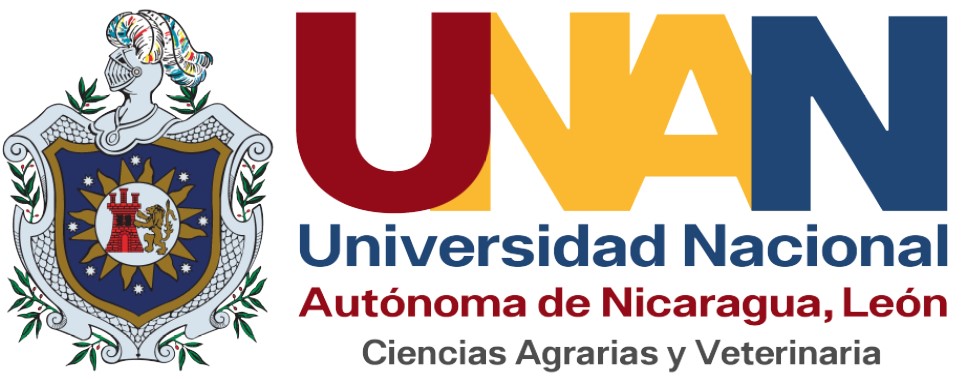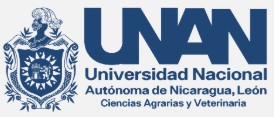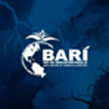Socioeconomic impact of the productive food voucher in the communities of the municipality of Villanueva, 2014-2015
DOI:
https://doi.org/10.5377/ribcc.v2i4.5933Keywords:
Methodological design, Qualitative research, Type of explanatory research, Method, Instruments, SampleAbstract
In the present study we reviewed the literature to carry out investigation of impact of programs such as Productive Bonus. The choice of research type will determine the steps to be followed in a research study, which may be of qualitative, quantitative, or mixed type, As well as their techniques and methods that can be used in it. In general it determines the whole approach of the investigation influencing instruments, and even the way of analyzing the data collected, because this will determine the approach of the same there are four types of research that are the most important and these will have their Own characteristics, which will serve for the researcher to determine which of them to return according to their purposes which can be divided into two main types of Field or Laboratory, according to the place where they will be performed, all contribute to a Truthful study that will serve as a basis for future scientific theories.
Downloads
Metrics
References
Hernández, R., Fernández, C. B., & Baptista, L. P.(2003). Metodología de la Investigación. McGraw-Hill. México
Hernández-Sampieri R., Fernández-Collado, C. & Baptista-Lucio, P. (1991). Metodología de la investigación. McGRAW-HILL México
Hernández, R., Fernández, C., & Baptista, P. (2006). Metodología de la investigación.McGraw-Hill Interamericana, México.
Paz, M. (2003). Investigación cualitativa en educación. Fundamentos y tradiciones. Madrid. Mc Graw and Hill Interamericana de España.
Pita Fernández, S., & Pértegas Díaz, S. (2002). Investigación cuantitativa y cualitativa. Cad Aten Primaria 9, 76-78
Méndez, I. (2001). "El protocolo de investigación." Trillas, México.
Pérez A., C. (2000). ¿Deben estar las técnicas de consenso incluidas entre las técnicas de investigación cualitativa?. Revista Española de Salud Pública, 74, 319-321.
https://doi.org/10.1590/S1135-57272000000400001
Rodríguez, J. M. (2011). Métodos de investigación cualitativa. Revista de Investigación Silogismo, 1(08).
Sampieri, R., Collado, C., Lucio, P. (1998). Metodología de la investigación (Vol. 1). McGraw-Hill.
Valles, M. S. (2000). Técnicas cualitativas de investigación social. Sintesis Editorial.
Jacob, E. (1987). Qualitative research traditions: A review. Review of educational research, 57(1), 1-50.
https://doi.org/10.3102/00346543057001001
Jacob, E. (1988). Clarifying qualitative research: A focus on traditions. Educational researcher, 17(1), 16-24.
https://doi.org/10.3102/0013189X017001016
Atkinson, J. H., Grant, I., Kennedy, C. J., Richman, D. D., Spector, S. A., & McCutchan, J. A. (1988). Prevalence of psychiatric disorders among men infected with human immunodeficiency virus: a controlled study. Archives of General Psychiatry, 45(9), 859-864.
https://doi.org/10.1001/archpsyc.1988.01800330091011
CAJIDE, J. (1992): La investigacion cualitativa: tradiciones y perspectivas contemporaneas. BordOn, 44 ,4, 357-373.
GUBA, E. y LINCOLN, Y. (1985): Effective evaluation. San Francisco, Ca.: Jossey Bass.
Guba, E. G., & Lincoln, Y. S. (1994). Competing paradigms in qualitative research. Handbook of qualitative research, 2(163-194), 105.
Guba, E. G. (1990). The paradigm dialog. In Alternative Paradigms Conference, Mar, 1989, Indiana U, School of Education, San Francisco, CA, US. Sage Publications, Inc.
Kuhn, T. S. (1976). Mathematical vs. experimental traditions in the development of physical science. The Journal of Interdisciplinary History, 7(1), 1-31.
https://doi.org/10.2307/202372
Padrón, V. (1998). Aggregation on a nonlinear parabolic functional differential equation. Divulgaciones Matemáticas, 6(2), 149-164.
Downloads
Published
How to Cite
License
Copyright (c) 2018 Revista Iberoamericana de Bioeconomía y Cambio Climático

This work is licensed under a Creative Commons Attribution-NonCommercial-ShareAlike 4.0 International License.
Copyright © 2025 Rev. iberoam. bioecon. climate change. National Autonomous University of Nicaragua León (UNAN-León), Knowledge Area of Agrarian and Veterinary Sciences / Specific Area of Agroecology and Agribusiness / Center for Research in Agrarian Sciencies. Academic Directorate. Research Department. Publication and scientific events Unit.












 EDITORIAL
EDITORIAL e-ISSN
e-ISSN


 COPYRIGHT
COPYRIGHT This work is licensed under a Licencia Internacional
This work is licensed under a Licencia Internacional 












